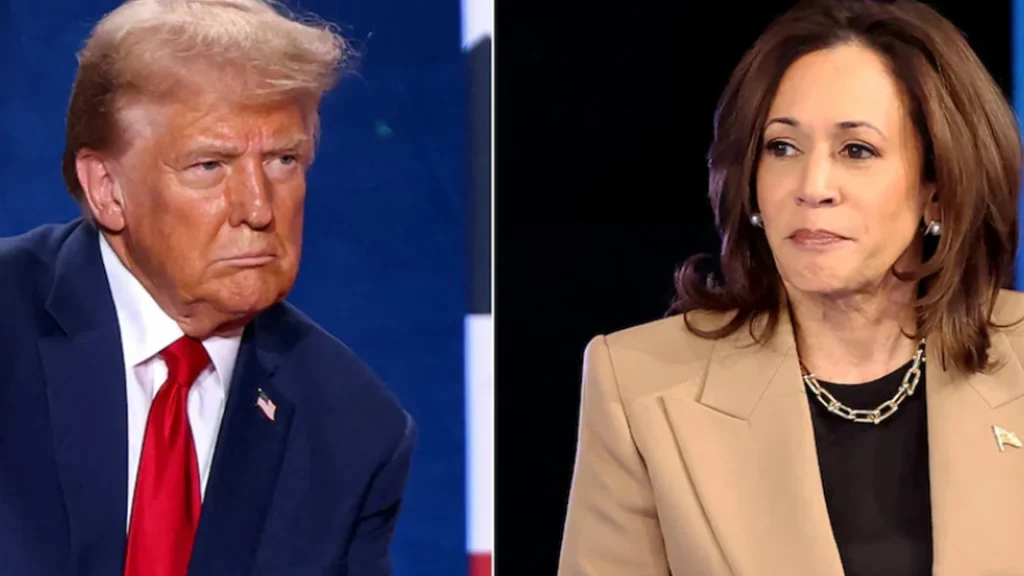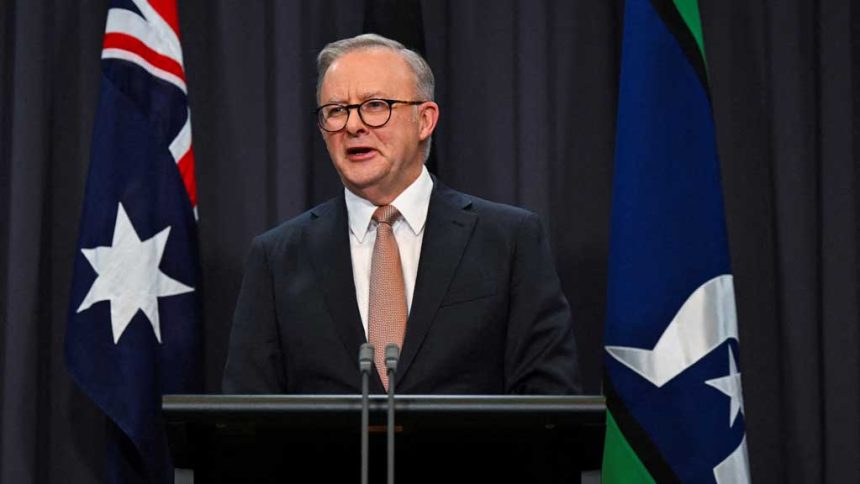Australia’s Ambassador Kevin Rudd Removes Past Criticisms of Donald Trump Following U.S. Election Outcome
In an effort to align his personal statements with his diplomatic role, Australia’s ambassador to the United States, Kevin Rudd, has removed past comments he made about former U.S. President Donald Trump.
Rudd, a former Australian prime minister, had previously described Trump as “the most destructive president in history” in remarks made in 2020 while serving as the head of a U.S.-based think tank, the Asia Society. With Trump’s recent election win, Rudd took steps to eliminate any misunderstandings that could arise from these prior statements.
A statement on Rudd’s personal website clarified that he removed the comments “out of respect for the office of President of the United States,” with an intent to prevent any confusion that might imply his past critiques represent Australia’s official diplomatic stance. Rudd wanted to “eliminate the possibility of such comments being misconstrued as reflecting his position as Ambassador and, by extension, the views of the Australian Government.”
Australia’s Foreign Minister Penny Wong also weighed in, affirming the Albanese government’s strong ties with the United States. Australia’s alliance with the U.S., she noted, is particularly crucial with the AUKUS pact, an agreement that will see Australia acquire nuclear-powered submarines from the U.S. in the coming years.

Speaking on Australia’s Today program, Wong emphasized, “The United States is our principal strategic partner. We share very, very clear strategic objectives. We both want a region which is stable, a region which is peaceful, and there’s bipartisan support for AUKUS, which is a key part of that.”
Rudd’s diplomatic pivot is part of Australia’s broader approach to maintaining robust ties with both sides of the U.S. political landscape. Wong underscored her confidence in Rudd’s ability to work with a Republican administration, noting her own discussions with Mike Pompeo, the former Secretary of State under Trump.
READ ALSO: Canada Orders Closure of TikTok’s Canadian Offices
She highlighted the bipartisan support for AUKUS and reaffirmed Australia’s commitment to a stable Indo-Pacific region as part of its shared strategic objectives with the United States.
Trump, for his part, has not shied away from offering his opinion on Rudd. In a British TV interview in March, Trump responded to Rudd’s past comments by labeling him as “not the brightest bulb” and “nasty,” predicting that Rudd “won’t be there long” if his criticisms continue.
Kevin Rudd’s journey to his ambassadorial role has been marked by a mix of public service and thought leadership. Until 2023, Rudd served as the chief executive of the Asia Society, an influential think tank based in New York focused on fostering Asia-U.S. relations.
His tenure there reflected his deep expertise in international relations, which he now brings to his role as ambassador. As he shifts into a role that demands impartiality, Rudd’s commitment to prioritizing the diplomatic interests of Australia and preserving its relationship with the U.S. remains central.

In navigating these challenges, Rudd, Wong, and Australia’s Albanese government underscore a critical point: the importance of solidifying their longstanding alliance with the U.S. while staying attuned to the evolving political landscape.
The ambassador’s actions reflect the need for diplomacy, discretion, and a clear distinction between personal opinions and official positions—a balance that is crucial as Australia continues to navigate a complex international arena with one of its closest allies.

